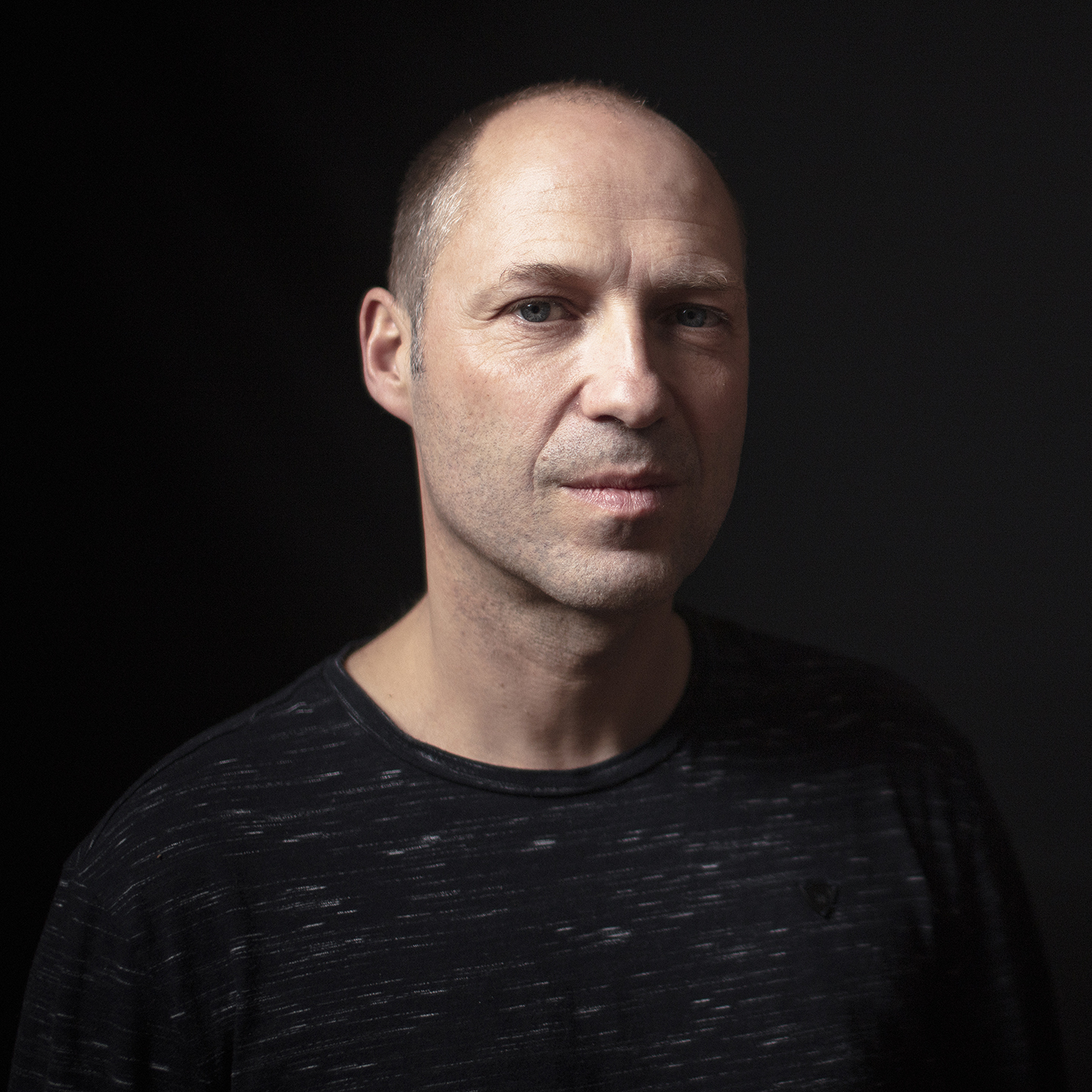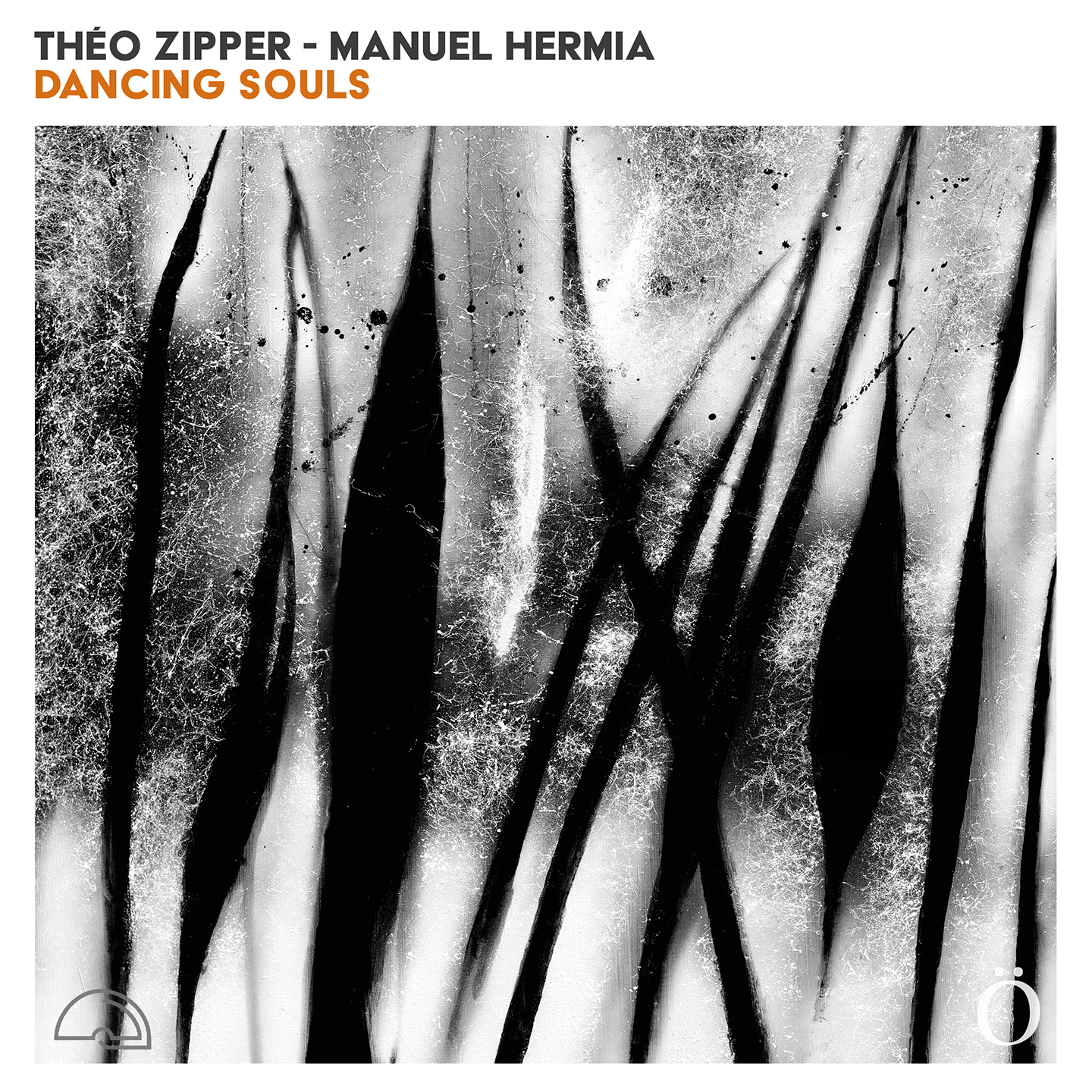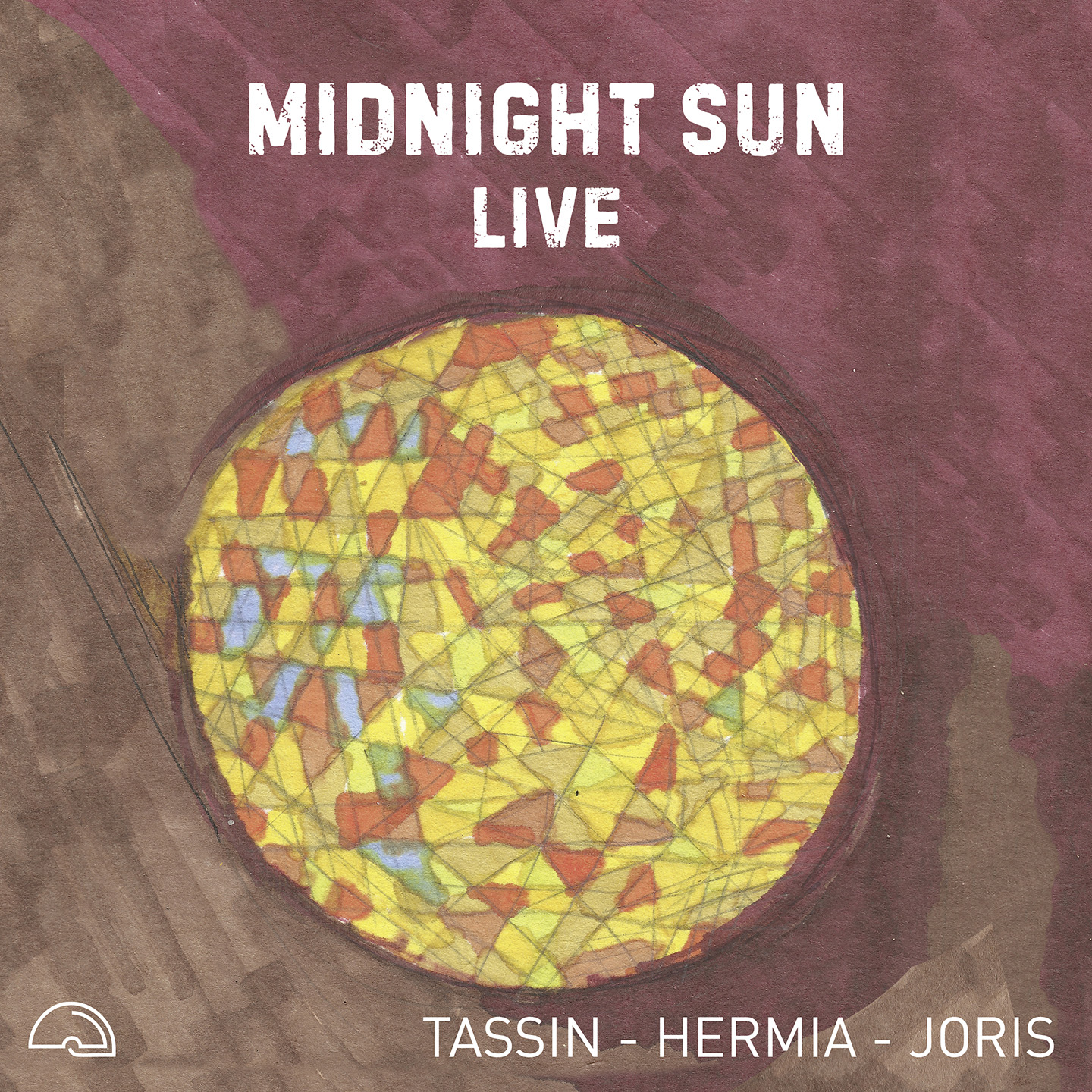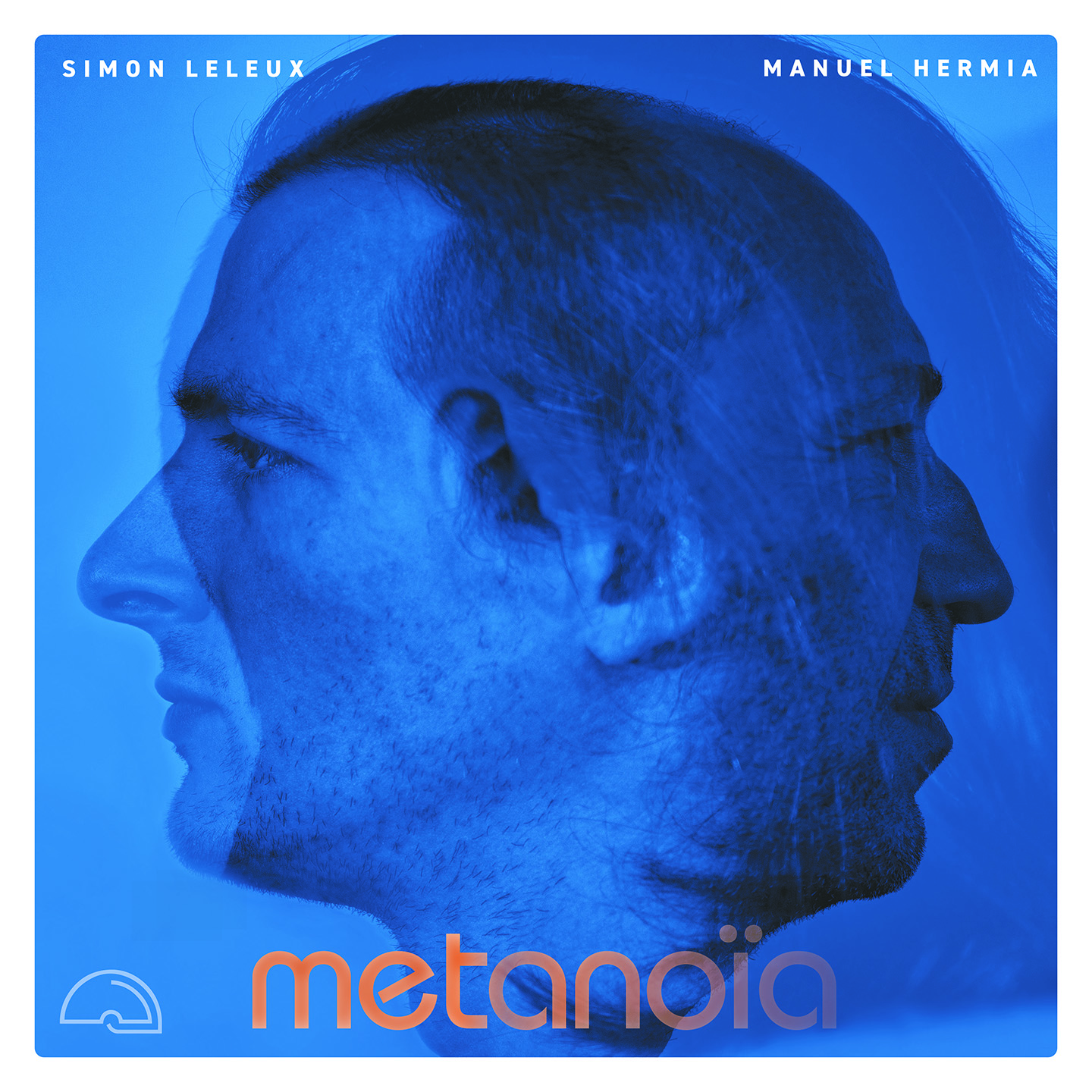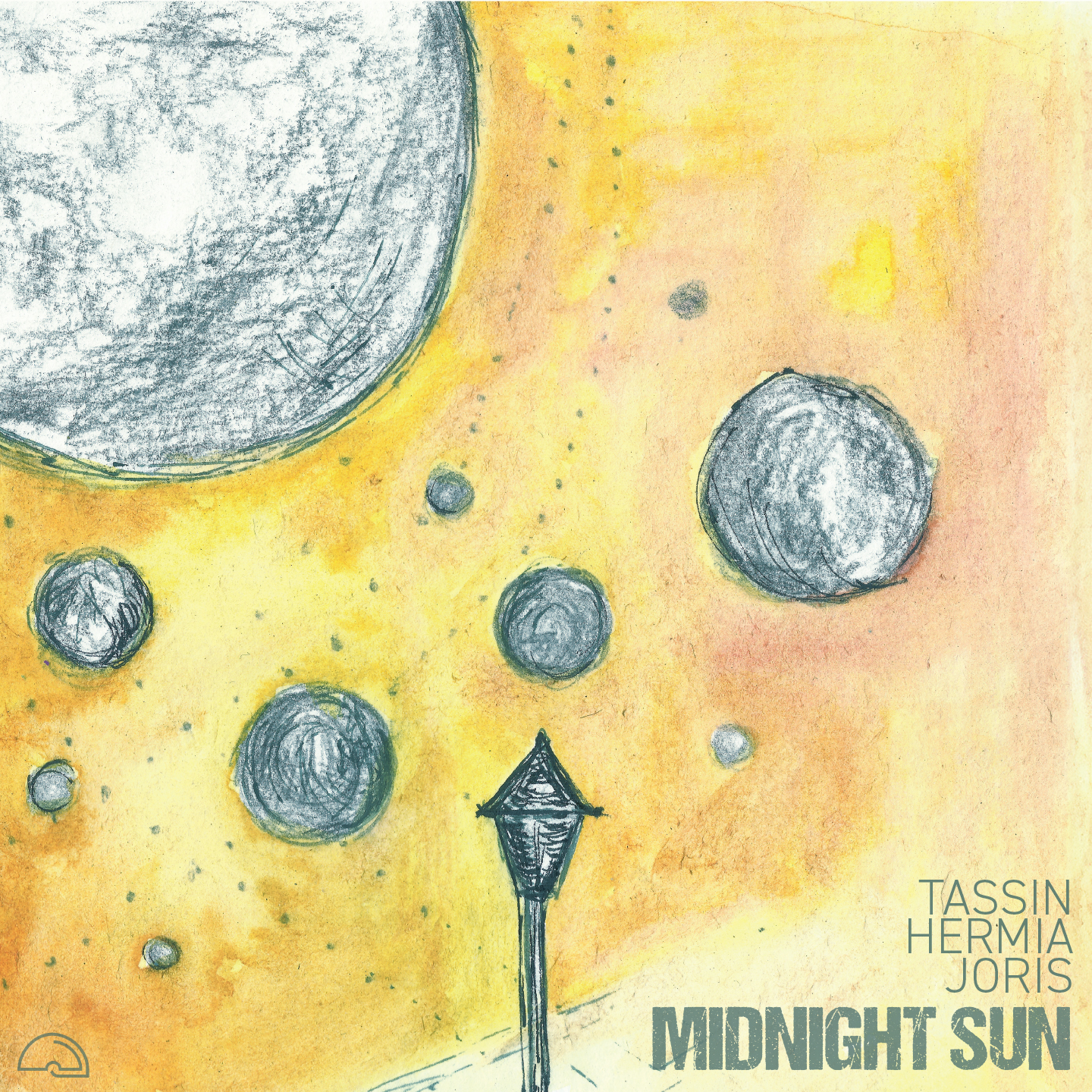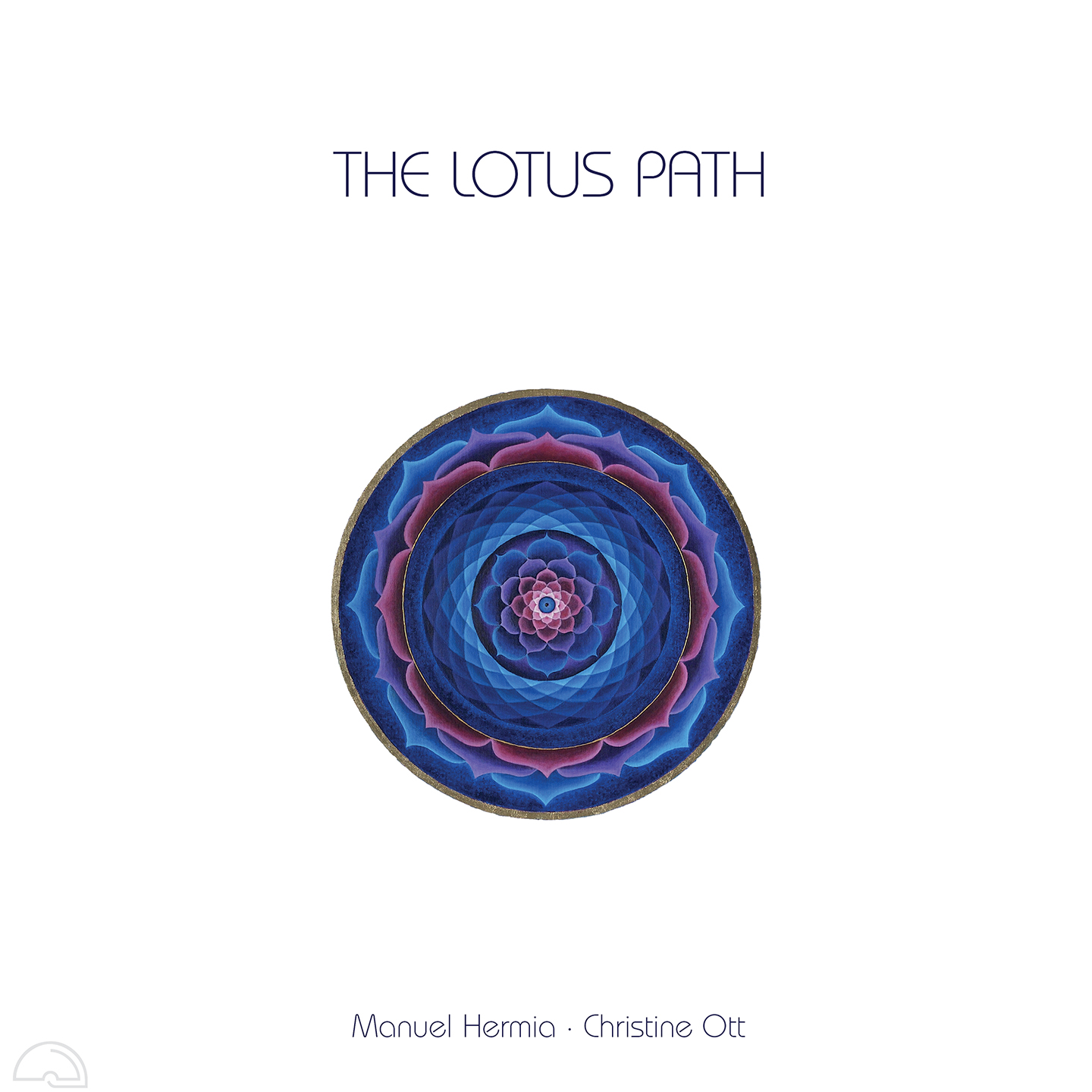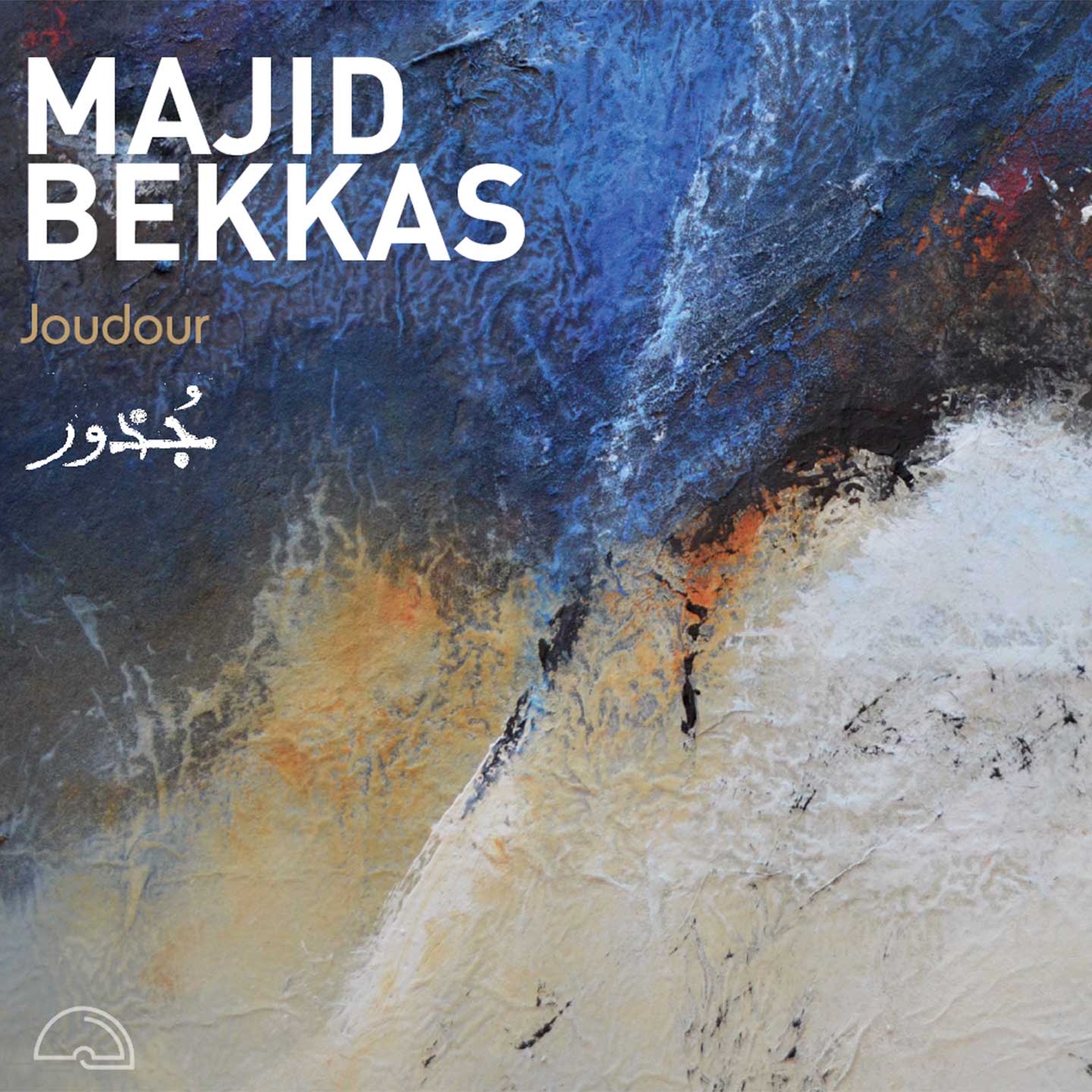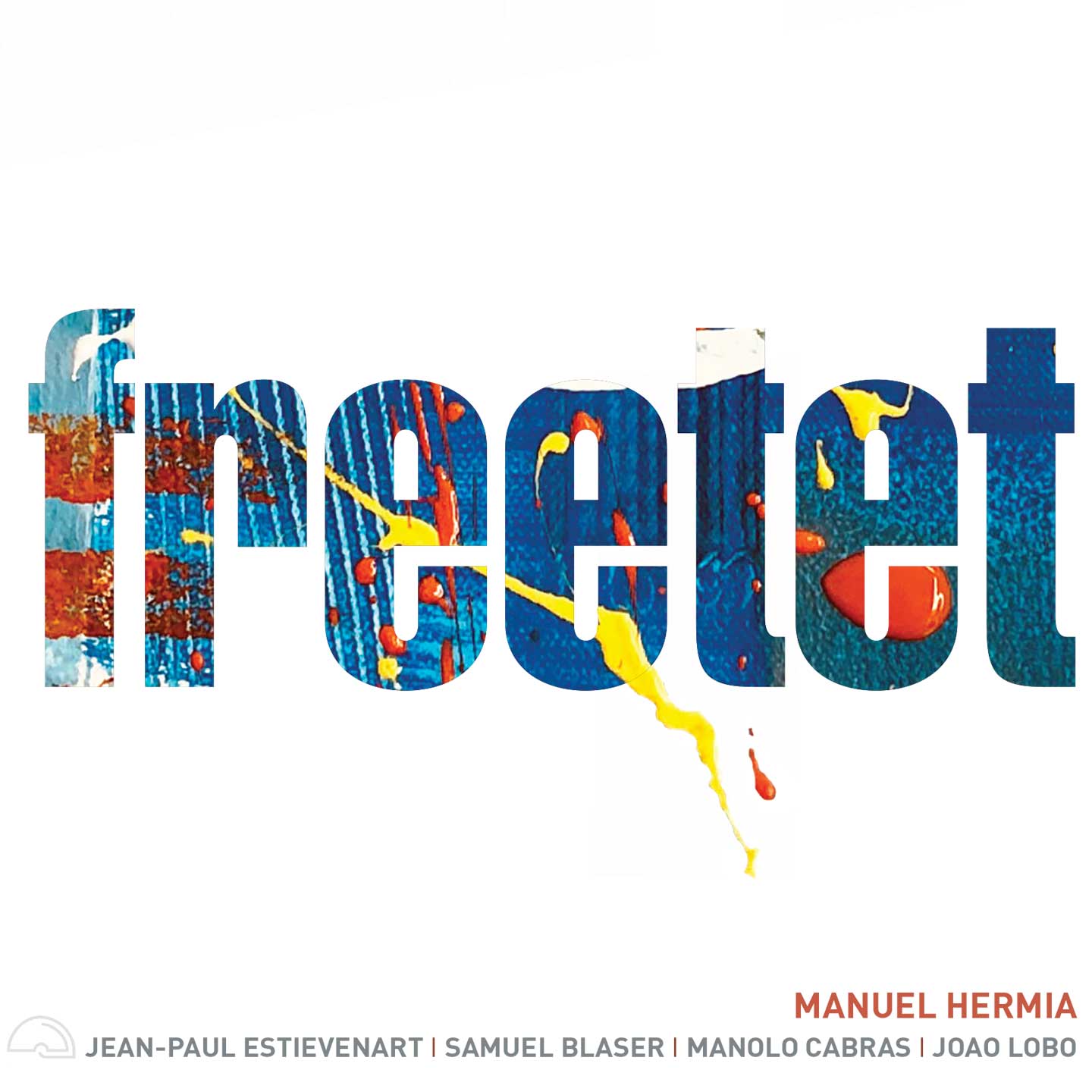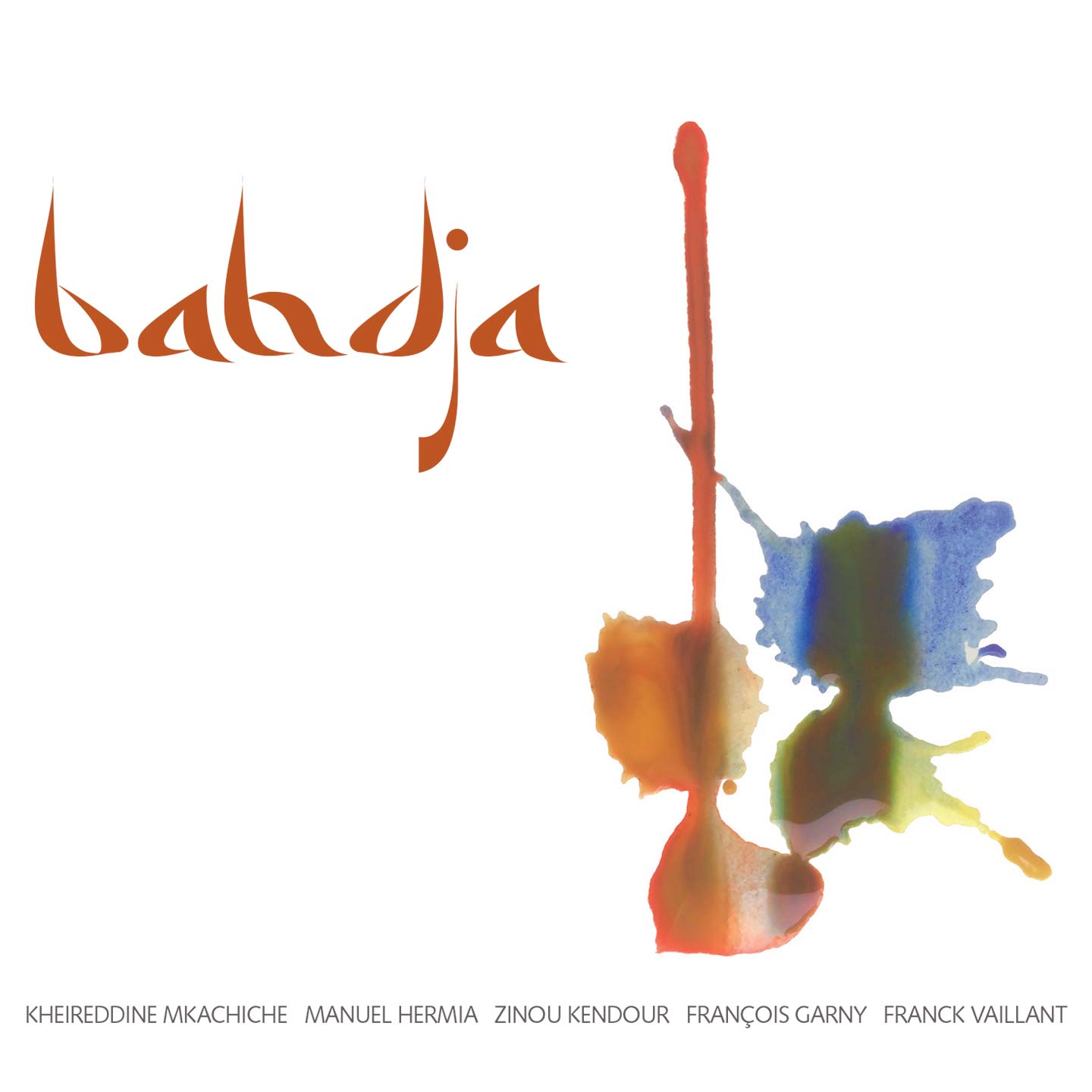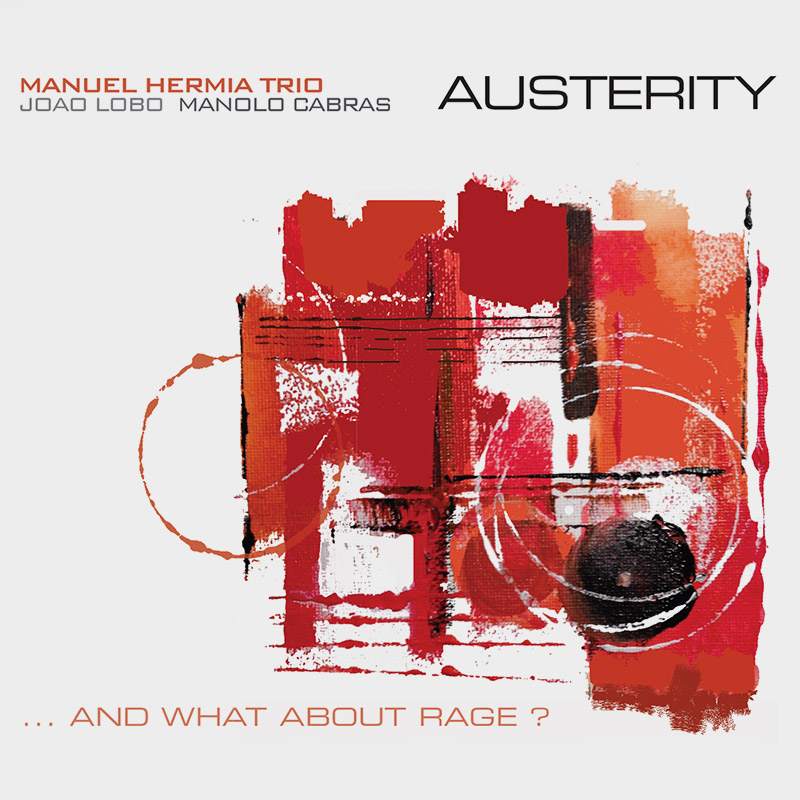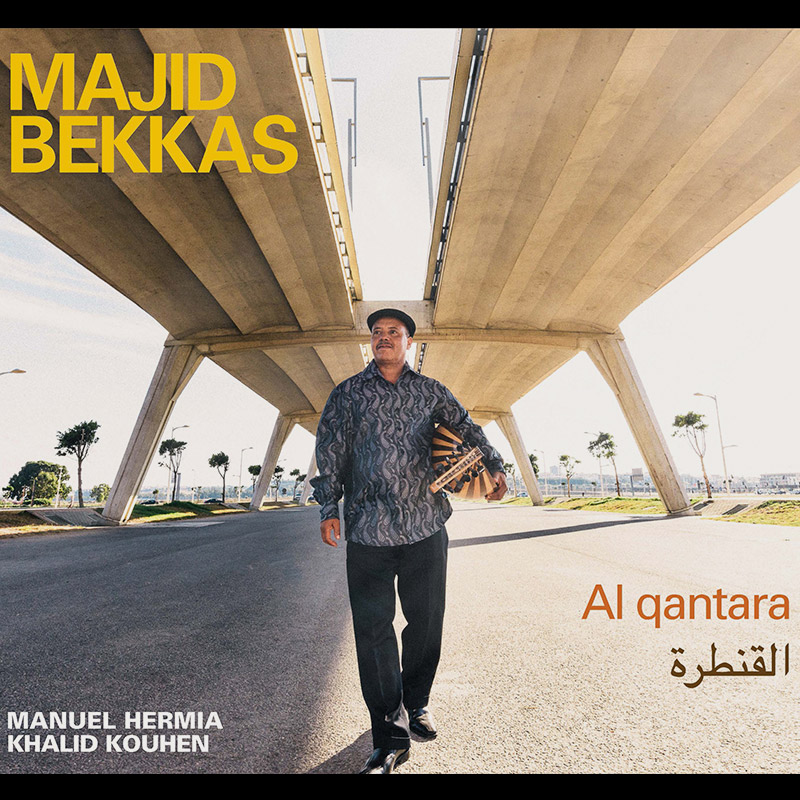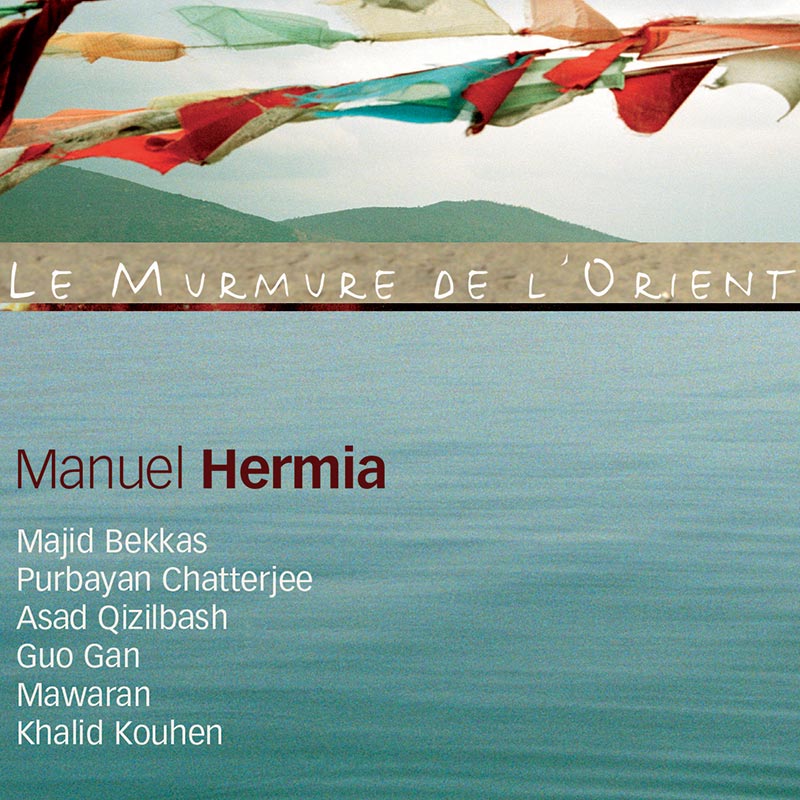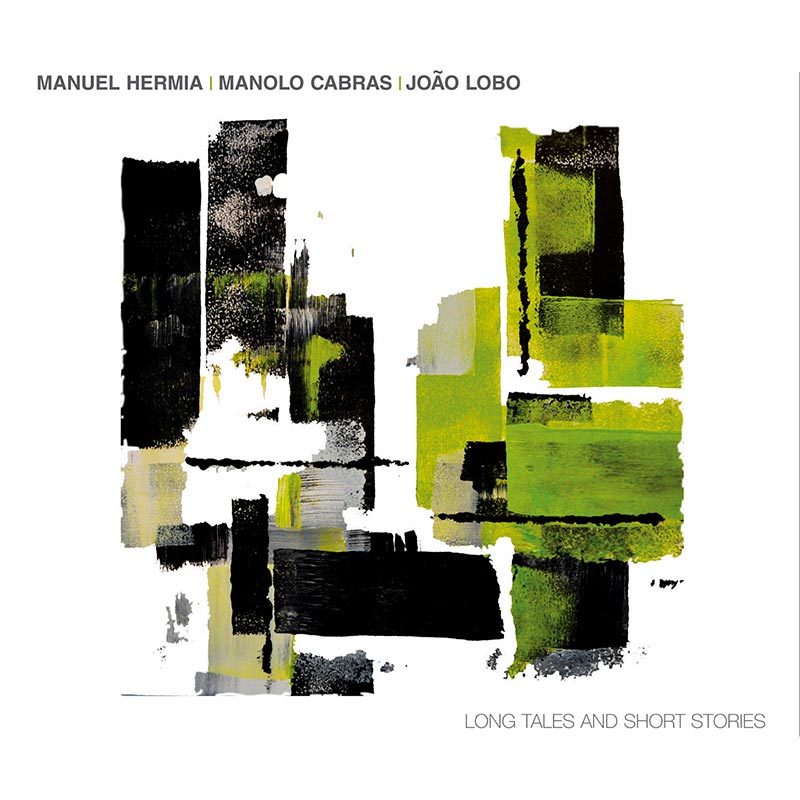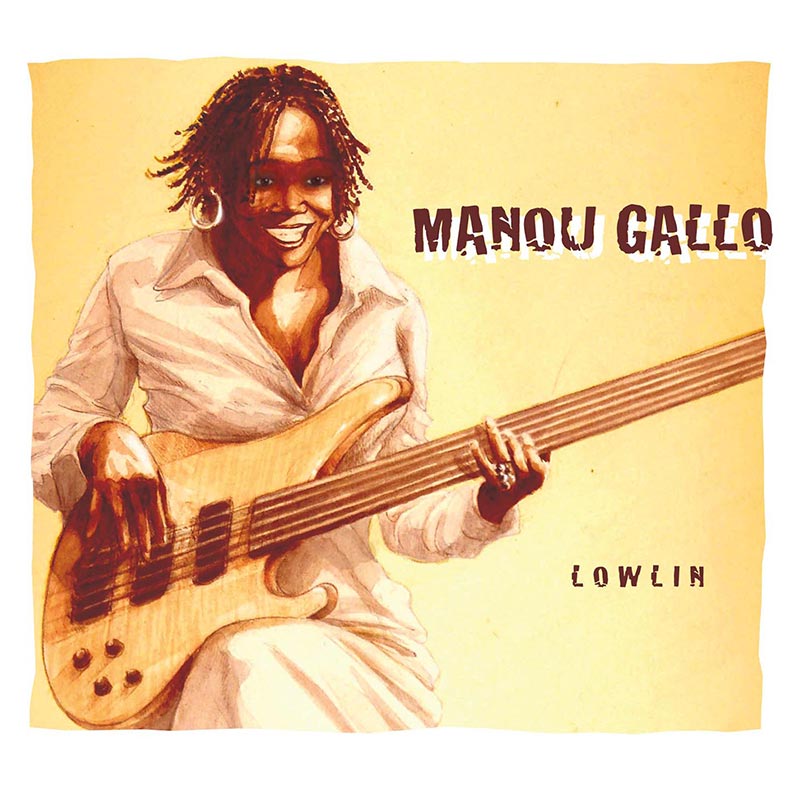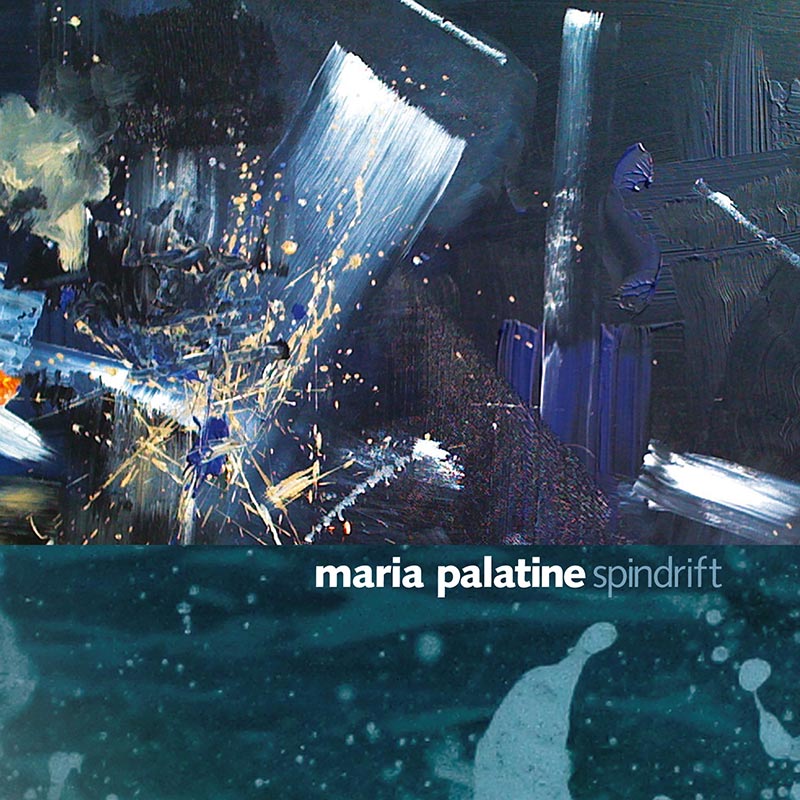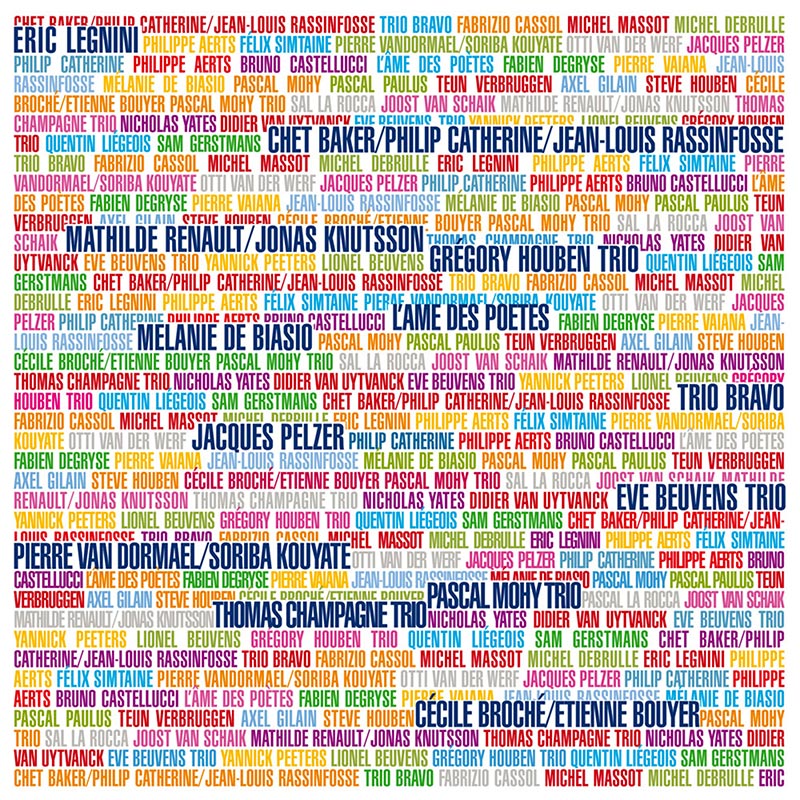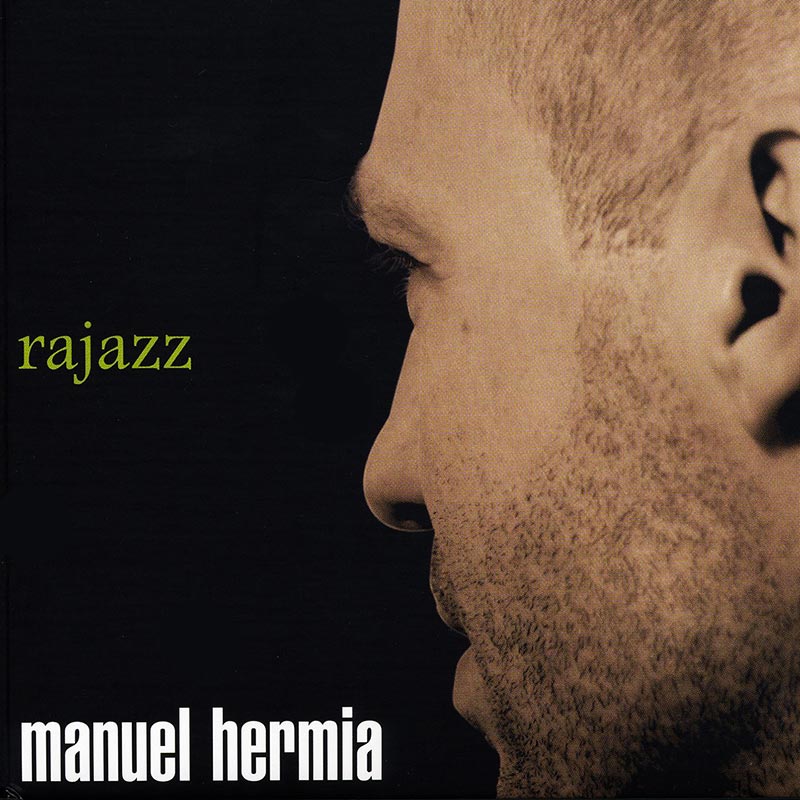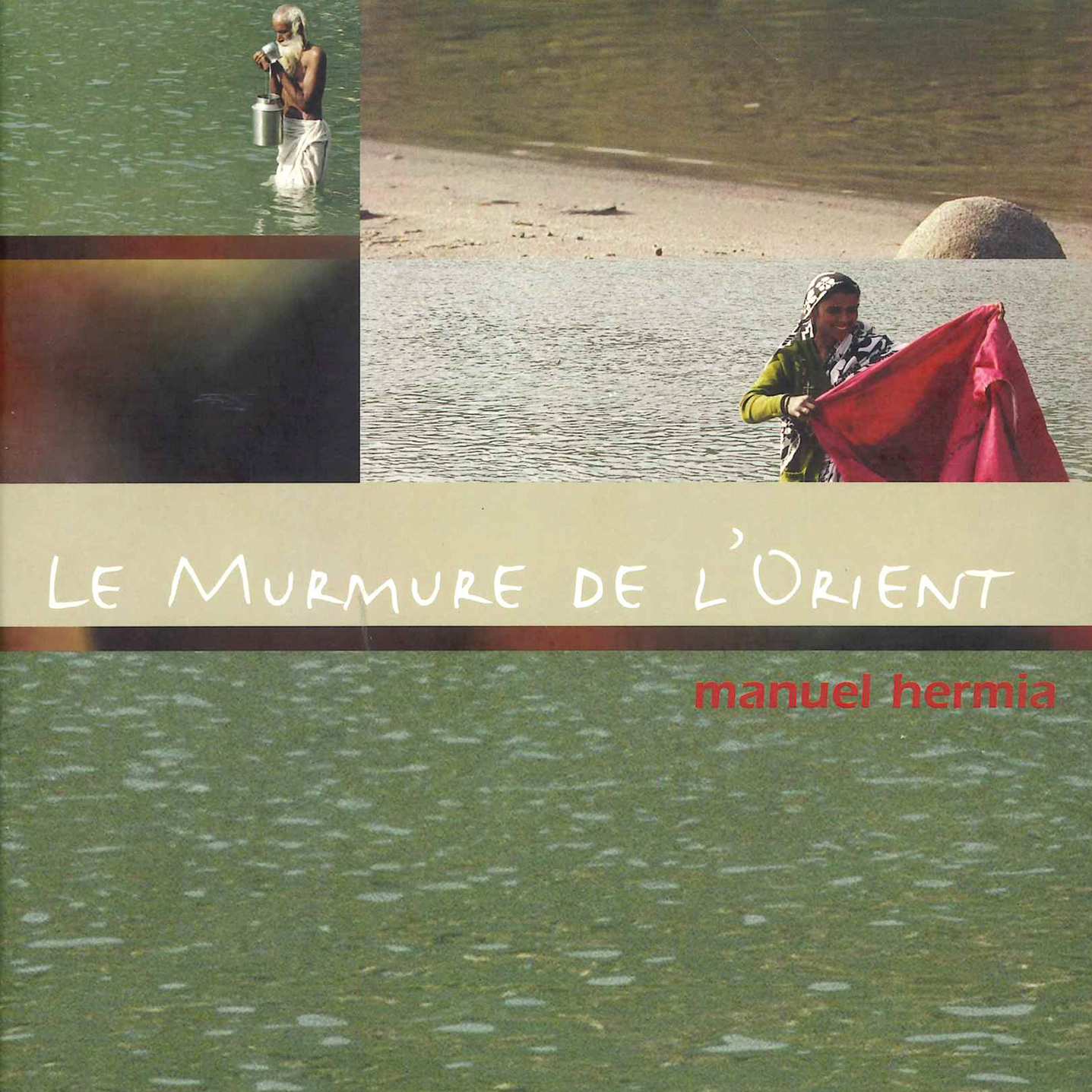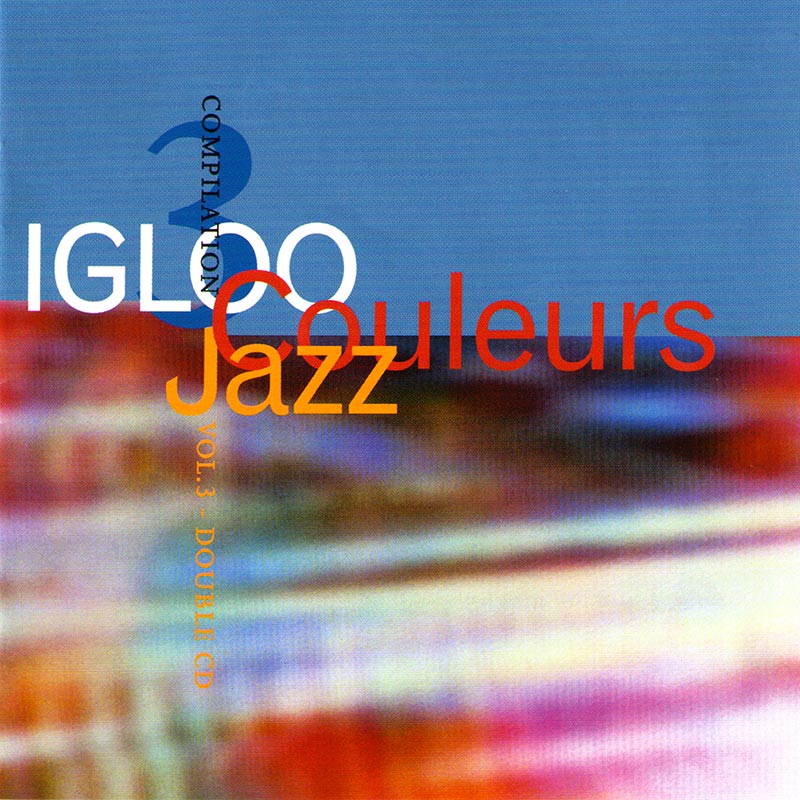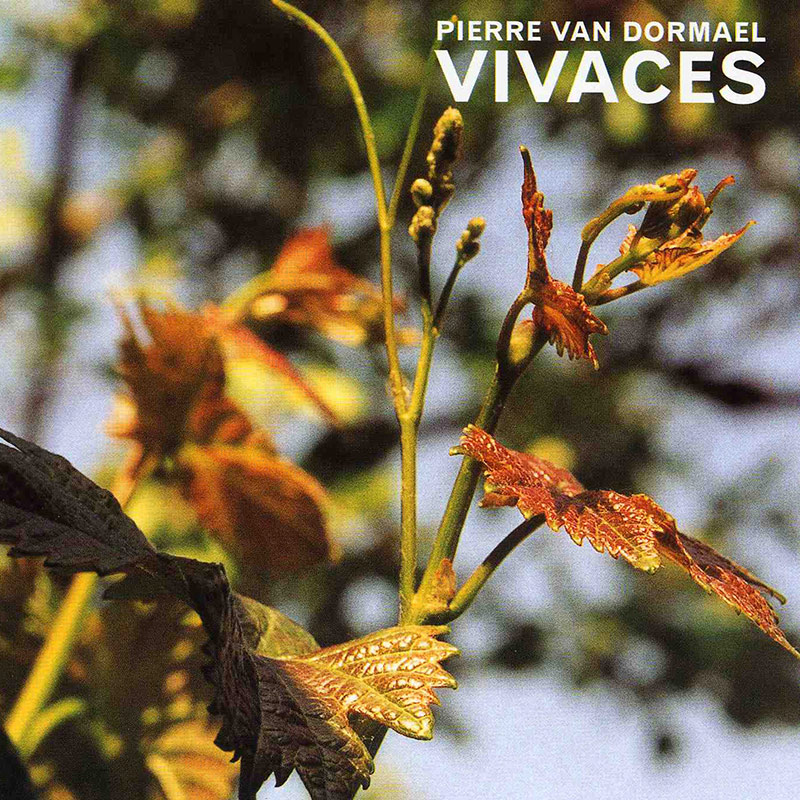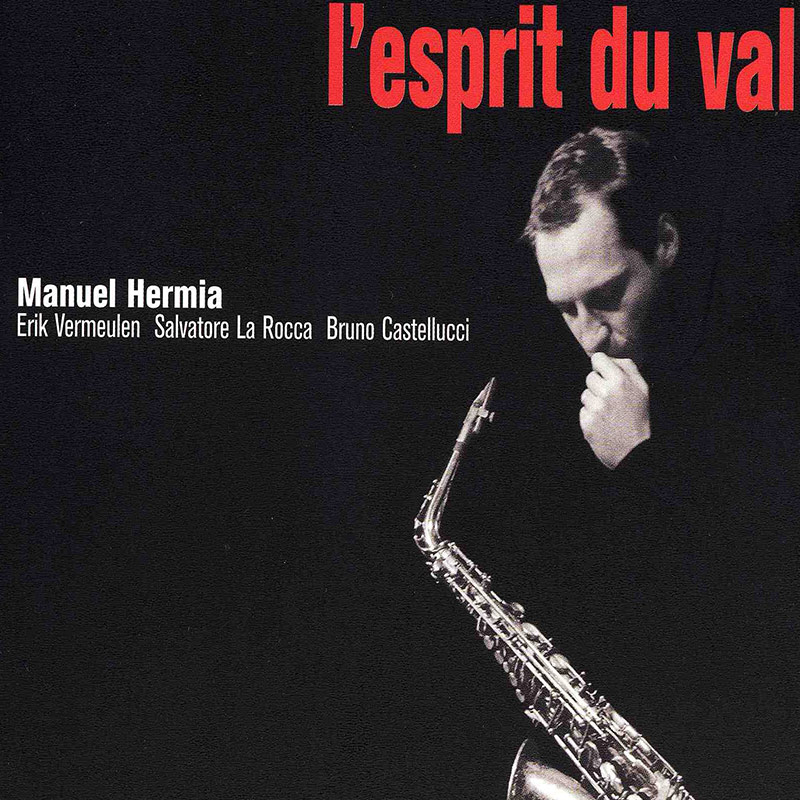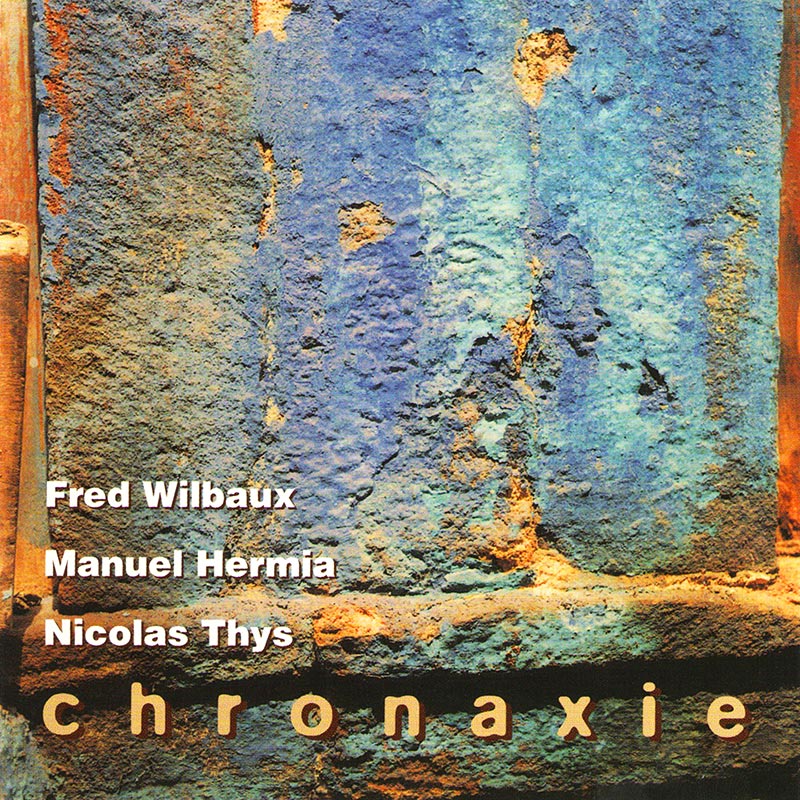Being an improviser, a composer and an explorer of world music, Manuel Hermia has developed personal projects simultaneously in several directions: jazz with his Quartet (The Spirit of the Valley, 1999 Rajazz Igloo, Igloo 2006), with the group Slang (Los Locos, Save the Chilis, It’s on the way) and, on the Indian flute this time with “The Whisper of the Orient” (IglooMondo 2005, and Cristal / Harmonia Mundi, 2005).
He has also played with many artists from different cultures: Mamady Keita (Guinea), Dhruba Ghosh (India), Regis Gizavo (Madagascar), Majid Bekkas ( Moraco ) Ben Ngabo (Rwanda), Nono Garcia (Spain), Joao Braga (Brazil), Dobet Gnahoré (Ivory Coast), Abid Bahri and Majid Bekkas (Morocco), Manou Gallo (Ivory Coast) … He also played for the contemporary circus company Feria Musica during 10 years. He appears as a guest in other horizons with Fred Wesley, Peter Van Dormael, Didier Laloy, Baggili Karim, Salvatore Adamo, Sttellla, William Sheller, Radja Nin Dick Annegarn, Clarika, The Guilty Brothers Experience, Oxymore …
Manuel Hermia has been awarded the Belgian “Octave de la Musique”, jazz section, for his album “Long Tales & Short Stories” in 2011.
Read more
Music & Philosophy
The ethics of the flight
… This love for jazz, for me, was born when I glimpsed in the jazz space for the expression of freedom: improvisation. A framework of rules and space to be free. With the discovery of jazz, studying music finally took its meaning, I was going to be able to learn, explore, express myself, enjoy a form of freedom. Well beyond the particular aesthetic to jazz and its various stylistic forms, its essence is indeed the freedom it allows. From Duke Ellington to Ornette Coleman, Charlie Parker Brad Meldhau, John Coltrane, Keith Jarrett, beyond all the different styles, we find this common universe: a taste for freedom, a love for flight. Leaning over the counter of “Sounds’, Paolo Radoni spoke recently of “the ethics of the flight” …
In fact, this freedom that we all seek and for some it is in the jazz, is to situated within a broader context, that of life, everyday life, society … We know, jazz is born from the meeting between blacks and whites in an America where they were not equal to one another, in one of the saddest episodes in human history. Through this violence, a music was born to express the deepest emotions, and thus enjoy a kind of freedom. Jazz has since then followed the course of history, and the course of history has made some progress. The forms of jazz too, but its essence remains.
Today, in our society dominated by appearances, even the forms of the most libertarians expressions suffer from labelling. The act of selling music as a product reinforces the importance of these labels. The problem is that the label is always simplistic, it receives a style name where there was originally a meaning.
With regard to jazz, “This is not jazz anymore” has often been read and heard since the 40s , whenever musicians were changing forms. Inevitable trap of appearance, some have not recognized freedom, have not enjoyed the flight, under the pretext that the face of jazz had changed.
Today jazz has taken a variety of forms, freedom tries to fit all costumes. This is not to be feared, like we should not fear the mixing of populations. This is the way humanity evolves, by meeting each other, through exploration, discovery, and this taste of freedom ever renewed. This becomes apparent, beyond style, jazz represents a certain attitude towards life. An art of the present. All this put together, the love of improvisation, the taste of the present, the need for freedom and its expression, the meeting with the others, the ability to integrate the most diverse cultural forms, all this makes a true philosophy of life, a commitment of oneself. A commitment of your self. .
“The Ethics of flight” mentioned by Radoni Paolo, is this: the consciousness of our freedom, and how we take position to it and the relationship to it in this world.
( From an article in the newspaper Lundis d’ Hortense )
Read less

